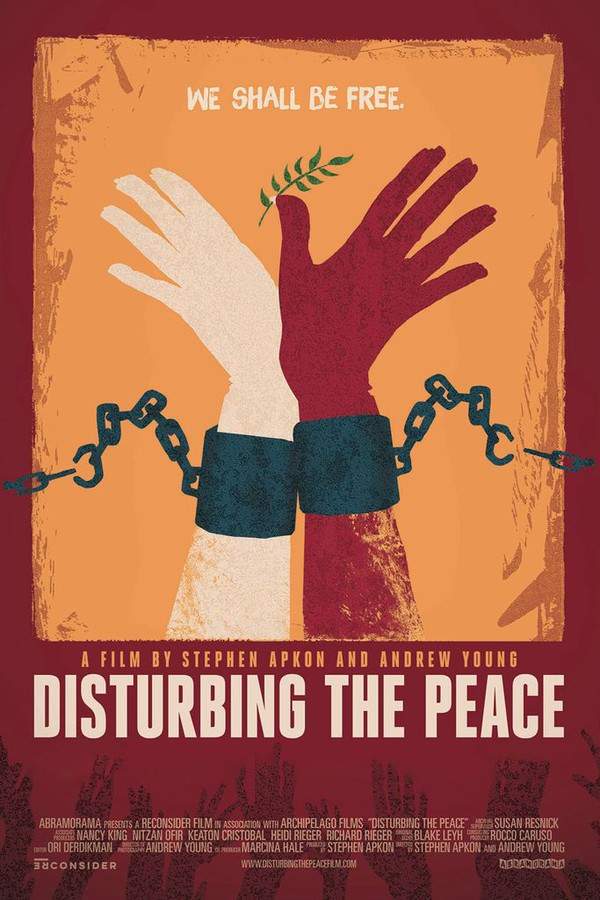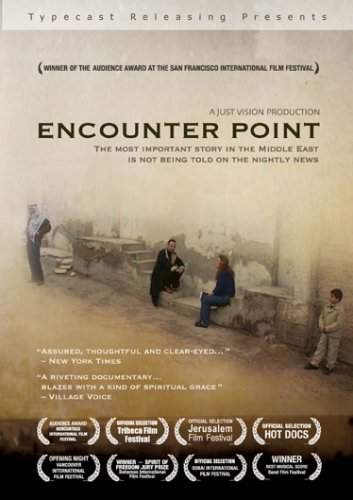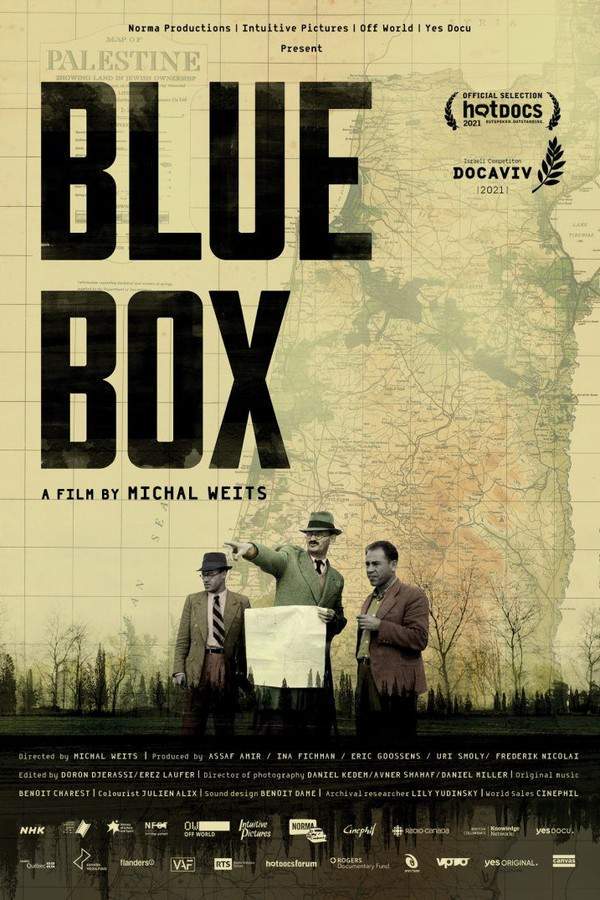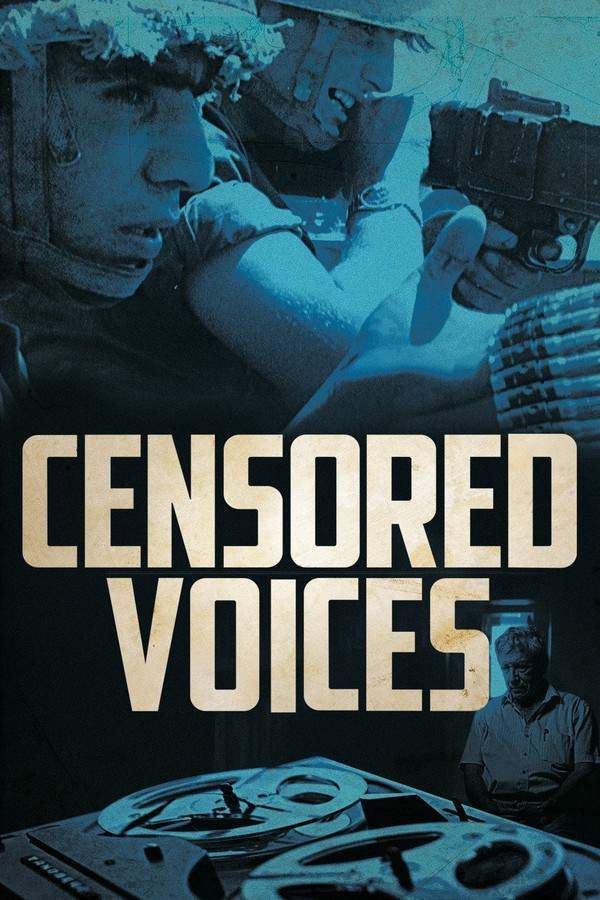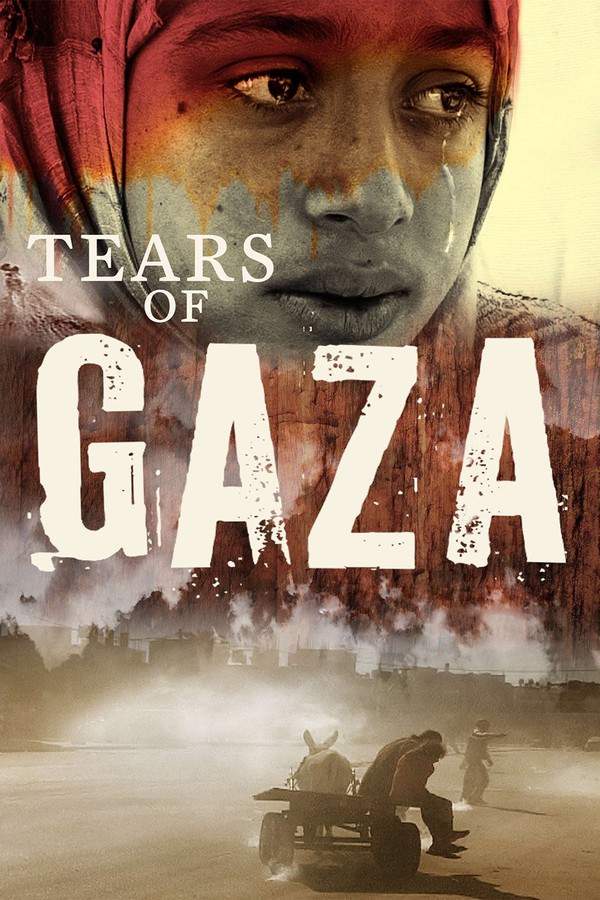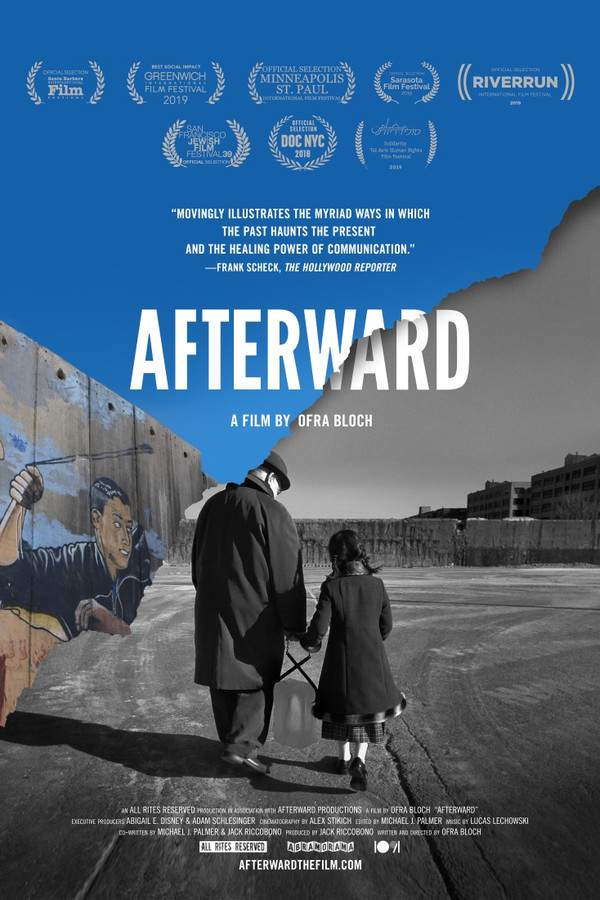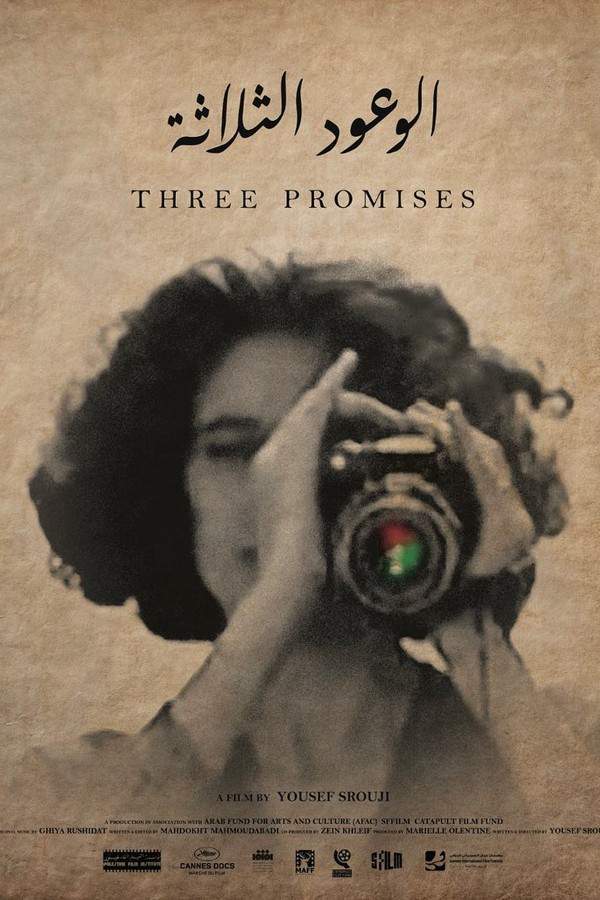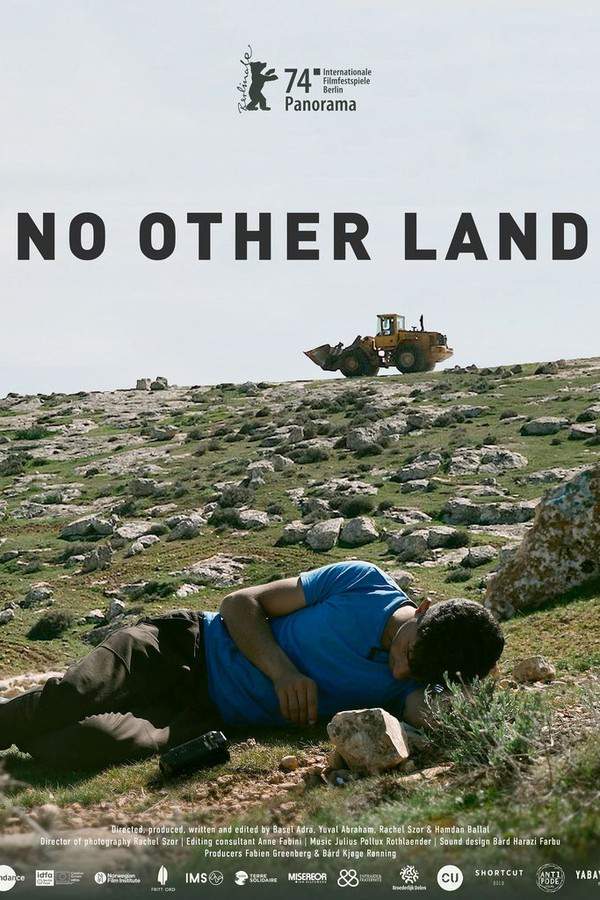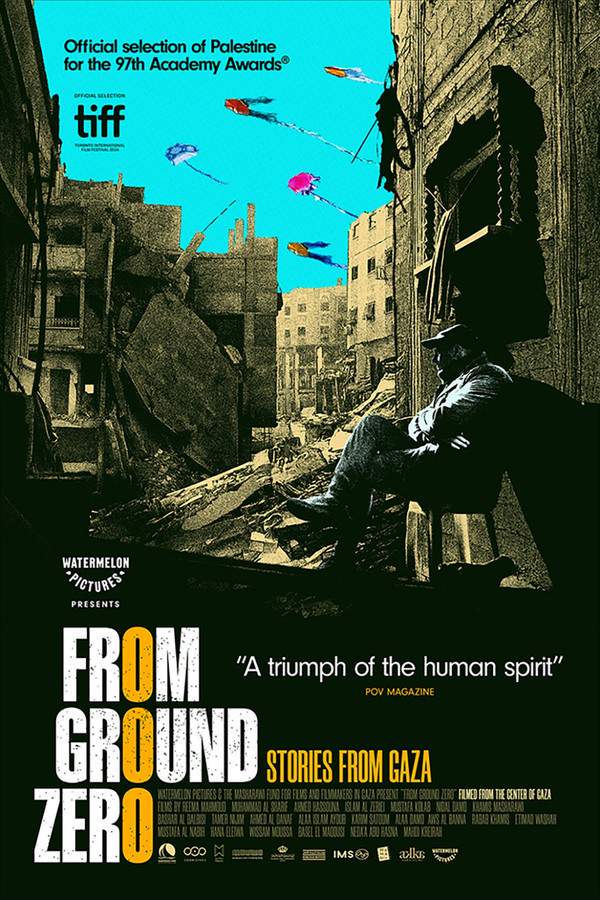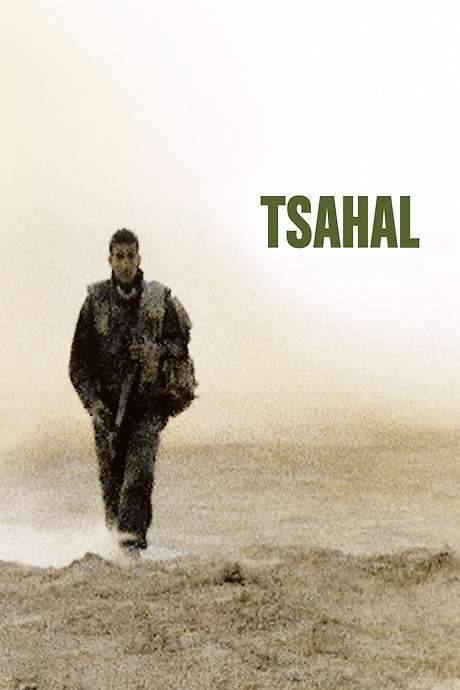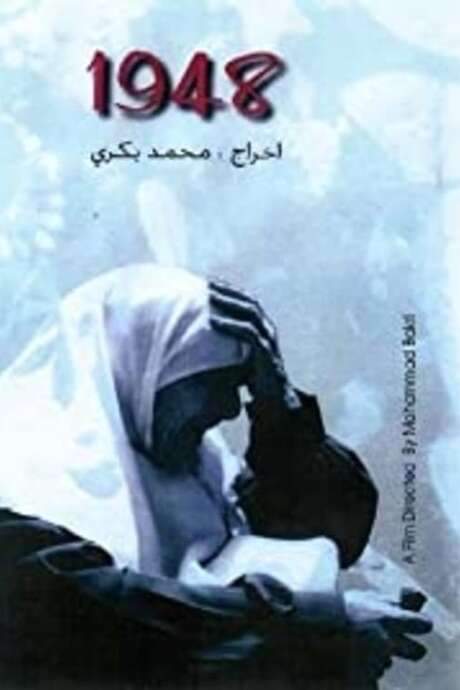Tantura 2022
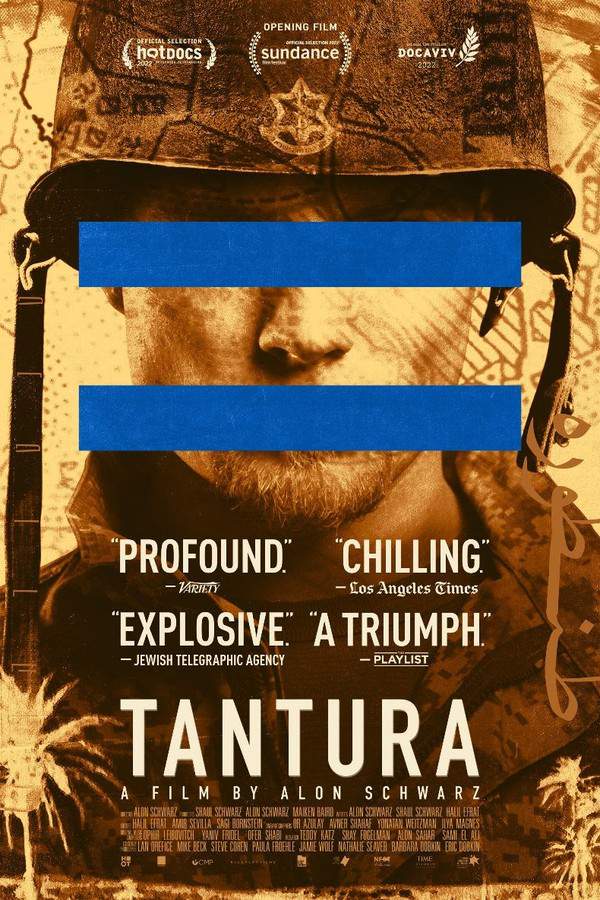
During the 1948 Arab-Israeli War, many Palestinian villages were abandoned. This documentary examines the events surrounding the village of Tantura, exploring a massacre that occurred amidst the conflict. The film revisits accounts from both former Israeli soldiers and Palestinian residents, seeking to uncover the truth behind the incident and challenge established historical narratives. It investigates why this painful chapter in Israeli history remains largely unspoken and controversial within Israeli society.
Does Tantura have end credit scenes?
No!
Tantura does not have end credit scenes. You can leave when the credits roll.
Meet the Full Cast and Actors of Tantura
Explore the complete cast of Tantura, including both lead and supporting actors. Learn who plays each character, discover their past roles and achievements, and find out what makes this ensemble cast stand out in the world of film and television.
External Links and Streaming Options
Discover where to watch Tantura online, including streaming platforms, rental options, and official sources. Compare reviews, ratings, and in-depth movie information across sites like IMDb, TMDb, Rotten Tomatoes or Metacritic.
Ratings and Reviews for Tantura
See how Tantura is rated across major platforms like IMDb, Metacritic, and TMDb. Compare audience scores and critic reviews to understand where Tantura stands among top-rated movies in its genre.

The Movie Echo Score
Tantura’s primary strength lies in its exhaustive research and compelling presentation of a contested historical episode, offering extensive archival material and expert testimony that illuminate a suppressed narrative. The film also succeeds in generating a resonant emotional response through personal accounts and the broader implications of memory politics. Some viewers note moments of politically charged framing and uneven pacing that detract from its journalistic rigor. Overall, the documentary stands as a powerful, if occasionally polarizing, contribution to historical discourse.
The Movie Echo Score Breakdown for Tantura

Art & Craft
In terms of art and craft, the documentary demonstrates meticulous assembly of archival footage and expert interviews, reflecting a high level of research competence. Its visual presentation is clear and purposeful, supporting the factual narrative without excessive stylistic distraction. While a minority of critics view certain editorial choices as overly politicized, the overall construction remains solid. The craftsmanship thus reinforces the film’s investigative goals.

Character & Emotion
Character and emotional resonance are conveyed through first‑person testimonies and the portrayal of collective denial, creating a poignant, if sometimes uneven, affective landscape. Viewers cite the heartbreaking personal stories of victims and the researcher as compelling, yet acknowledge that the documentary’s focus on evidence can limit dramatic depth. The emotional core is impactful for audiences attuned to the subject, though it may not fully engage those seeking conventional narrative arcs.

Story & Flow
The story structure presents a coherent investigative arc that guides the audience from contested memory to broader cultural implications. Pacing is generally measured, allowing space for archival exposition and expert analysis, though some critics perceive occasional lapses into polemical territory. Originality stems from revisiting a relatively under‑examined event, providing fresh insight. Overall, the narrative maintains logical progression while balancing factual detail with interpretive commentary.

Sensory Experience
Sensory elements, including sound design and visual composition, serve the documentary’s informational aims without drawing attention to themselves. The use of previously unseen photographs and footage offers visual intrigue, and the soundtrack remains subdued, supporting rather than dominating the material. No significant praise or criticism of auditory or stylistic flair appears in the reviews, resulting in a modest, functional sensory experience.

Rewatch Factor
Rewatch value is high for audiences interested in historical truth‑seeking and memory politics, as the film provides layered testimony and archival evidence that reward repeated viewings. Numerous users recommend it as essential viewing for educational contexts, suggesting lasting relevance. Some note that the documentary may not appeal to viewers seeking pure entertainment, but its substantive content ensures continued engagement for the target audience. Consequently, the film invites multiple viewings for deeper understanding.

81
Metascore
8.6
User Score


94%
TOMATOMETER

95%
User Score

8.5 /10
IMDb Rating

77
%
User Score

4.0
From 5 fan ratings
Take the Ultimate Tantura Movie Quiz
Challenge your knowledge of Tantura with this fun and interactive movie quiz. Test yourself on key plot points, iconic characters, hidden details, and memorable moments to see how well you really know the film.
Tantura Quiz: Test your knowledge of the documentary 'Tantura' with these 10 questions.
What year did the events depicted in 'Tantura' take place?
1947
1948
1949
1950
Show hint
Full Plot Summary and Ending Explained for Tantura
Read the complete plot summary of Tantura, including all major events, twists, and the full ending explained in detail. Explore key characters, themes, hidden meanings, and everything you need to understand the story from beginning to end.
The tape-recorded phrase “erase it” resonates deeply within the broader narrative of history and conflict. Following the U.N.’s decision to divide Palestine into distinct Jewish and Arab states, the establishment of Israel in 1948 marked the onset of escalating hostilities that erupted into regional warfare, resulting in the depopulation of numerous Palestinian villages. This period is commemorated by Israelis as the War of Independence, while Palestinians refer to it as “The Nakba”, meaning “The Catastrophe.”
In the late 1990s, graduate student Teddy Katz embarked on an extensive investigation into a significant massacre that allegedly transpired in the village of Tantura during 1948. His research soon faced severe backlash, leading to a tarnished reputation; however, the 140 hours of audio testimonies he gathered remain intact.
Director Alon Schwarz takes an evocative approach by revisiting former Israeli soldiers from the Alexandroni Brigade, confronting them with Teddy’s audiotape interviews. He also engages with surviving Palestinian residents of Tantura to reassess the events that unfolded in that village, probing why “The Nakba” remains a contentious subject in Israeli discourse. The elderly ex-soldiers reflect on their experiences, sharing unsettling memories while hesitating on topics they’d rather avoid or are unwilling to discuss.
Through poignant audio from Katz’s two decades-old interviews, the film pierces through the deafening silence that often surrounds self-preserving narratives, revealing how power dynamics, suppression of voices, and constructed histories shape collective memory. This documentary offers a rare glimpse into the perspectives of the first generation of Israeli society and examines how the foundational myths of the nation have molded the lived realities of subsequent generations.
Additionally, the film features previously unseen archival footage from the conflict of 1948, intertwined with candid interviews featuring both ex-Israeli soldiers, Palestinian residents, and historians, providing a multifaceted perspective on a deeply affecting chapter of history.
Uncover the Details: Timeline, Characters, Themes, and Beyond!

Coming soon on iOS and Android
The Plot Explained Mobile App
From blockbusters to hidden gems — dive into movie stories anytime, anywhere. Save your favorites, discover plots faster, and never miss a twist again.
Sign up to be the first to know when we launch. Your email stays private — always.
Watch Trailers, Clips & Behind-the-Scenes for Tantura
Watch official trailers, exclusive clips, cast interviews, and behind-the-scenes footage from Tantura. Dive deeper into the making of the film, its standout moments, and key production insights.
Tantura Themes and Keywords
Discover the central themes, ideas, and keywords that define the movie’s story, tone, and message. Analyze the film’s deeper meanings, genre influences, and recurring concepts.
Tantura Other Names and Titles
Explore the various alternative titles, translations, and other names used for Tantura across different regions and languages. Understand how the film is marketed and recognized worldwide.
Similar Movies To Tantura You Should Know About
Browse a curated list of movies similar in genre, tone, characters, or story structure. Discover new titles like the one you're watching, perfect for fans of related plots, vibes, or cinematic styles.
Quick Links: Summary, Cast, Ratings, More

What's After the Movie?
Not sure whether to stay after the credits? Find out!
Explore Our Movie Platform
New Movie Releases (2025)
Famous Movie Actors
Top Film Production Studios
Movie Plot Summaries & Endings
Major Movie Awards & Winners
Best Concert Films & Music Documentaries
Movie Collections and Curated Lists
© 2025 What's After the Movie. All rights reserved.












